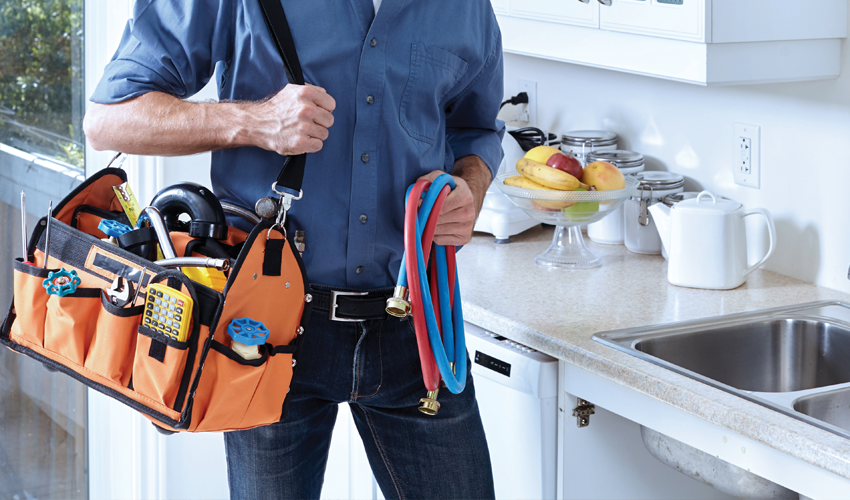Utilities
Utilities
One of your biggest living expenses (after rent) is going to be the cost of utilities. Rent covers the cost of your space, but you’ll also need electricity, water, sewer, and possibly gas. If you haven’t been responsible for setting up and maintaining utilities before, you may not know where to start. Here, we’ll give you some information to help you ensure you’ve got everything set up and ready to go before you move in!
Set-up
Some utilities may be covered through your apartment complex, either at a flat rate included as part of your rent or billed based on usage directly by your apartment’s management. Others will be set up by agreements directly with the utility company itself. Talk to your apartment’s leasing office before your scheduled move-in date to confirm which utilities will be turned on and ready when you arrive. For any utilities that need to be set up separately, your apartment manager can provide contact information for the local companies who provide those services.
Deposits
You may be asked to provide a deposit in order to start utility service. Deposits are often required if you are a new utility customer without any history to establish your reliability, or if you have a poor payment history for your past utility accounts. Instead of paying a deposit, some utility companies will accept (or request specifically) a letter of guarantee: kind of like a co-signer agreement, a letter of guarantee indicates someone else—like a friend or parent—who has agreed to be responsible for paying the bill if you are unable. A deposit can also cover any in-home equipment the utility company provides (like a water meter or a cable box) and may or may not be refundable at the time of disconnection.
Credit check
Utilities can affect your credit score. Utility companies often require a credit check before granting access to their services. Maintaining your user account will help keep your credit score in good standing, but missing payments or making late payments can be reported to the national credit bureaus and directly impact your score (and your chances of being able to establish other lines of credit, like for a car or a credit card).
Cost and payments
Utilities can be billed in different ways: at a flat rate (a certain dollar amount per month or quarterly term) or by usage (in which you are billed exactly for however much you used in the month or last quarterly term). As previously mentioned, they may be paid through your apartment complex or directly to the service provider. Depending on the company, you may be able to pay online or by phone—or even to set up automatic payments.
The cost of utilities can vary widely depending on your geographic region and by time of year—and definitely depending on household size and usage. A bill for electricity (or gas) in the dead of winter in Minnesota, for instance, is going to be a lot more expensive than the same bill for a mild spring in Florida. The best way to estimate the cost of your own utilities can be to ask your leasing agent: they will often have a pretty accurate range for what to expect for a unit like yours. Business Insider also provides this rule of thumb: “expect to spend on utilities an amount equal to about 20 percent of your monthly rent if you live alone, or about 10 percent of your monthly rent if you live with roommates.”
Utilities are an essential facet of any living situation! Talk to your apartment management and do a little research for your area to ensure that you have yours set up prior to your move-in date. And make sure you’re prepared to factor the cost of all monthly and quarterly fees into your budget!
Apply for scholarships using our mobile app!
The IAF app delivers tools and resources perfect for students of all ages, high school counselors, and career college and university administrators. Matching your school with scholarship opportunities and checking application statuses has never been easier.
Leave a Reply Cancel reply
- - ADVERTISEMENT - -
Categories
- Alumni Series (13)
- Automotive (57)
- Aviation (15)
- Business (14)
- Business & Arts (18)
- Career College Expositions (7)
- Career Development (96)
- CCC Blog (1)
- CCC Podcast (9)
- College Resource (90)
- College Showcase – Lincoln Tech (6)
- College Showcase – New Jersey (8)
- College Showcase – Pennco Tech (1)
- College Showcase – Universal Technical Institute (2)
- Continuing Education (154)
- Cosmetology (3)
- Counselor Resources (108)
- Criminal Justice (3)
- Dental Assistant (2)
- Education (109)
- Financial Literacy (17)
- Health Sciences (50)
- Heritage Series (3)
- High School Recruitment Series (4)
- Housing Series (10)
- HVAC (8)
- Imagine America Scholarships (12)
- Information Technology (17)
- Massage Therapy (5)
- Mechanical Sciences (109)
- Medical Assistant (12)
- Millennial Student Series (4)
- News (11)
- Nursing (22)
- Online education (13)
- Pandemic Proof Series (4)
- Personal Finance (17)
- Podcast (90)
- Research (11)
- Road Map Series (2)
- Scholarships (12)
- Social Media Series (4)
- Strata Tech (3)
- Student Success (29)
- Study Tips (3)
- Time Managment (1)
- Top 10 (10)
- Trucking (2)
- Uncategorized (14)
- Universal Technical Institute (19)
- Veteran Affairs (8)
- Welding (24)
- Women in Skilled Trades (3)
Tags
- - ADVERTISEMENT - -




